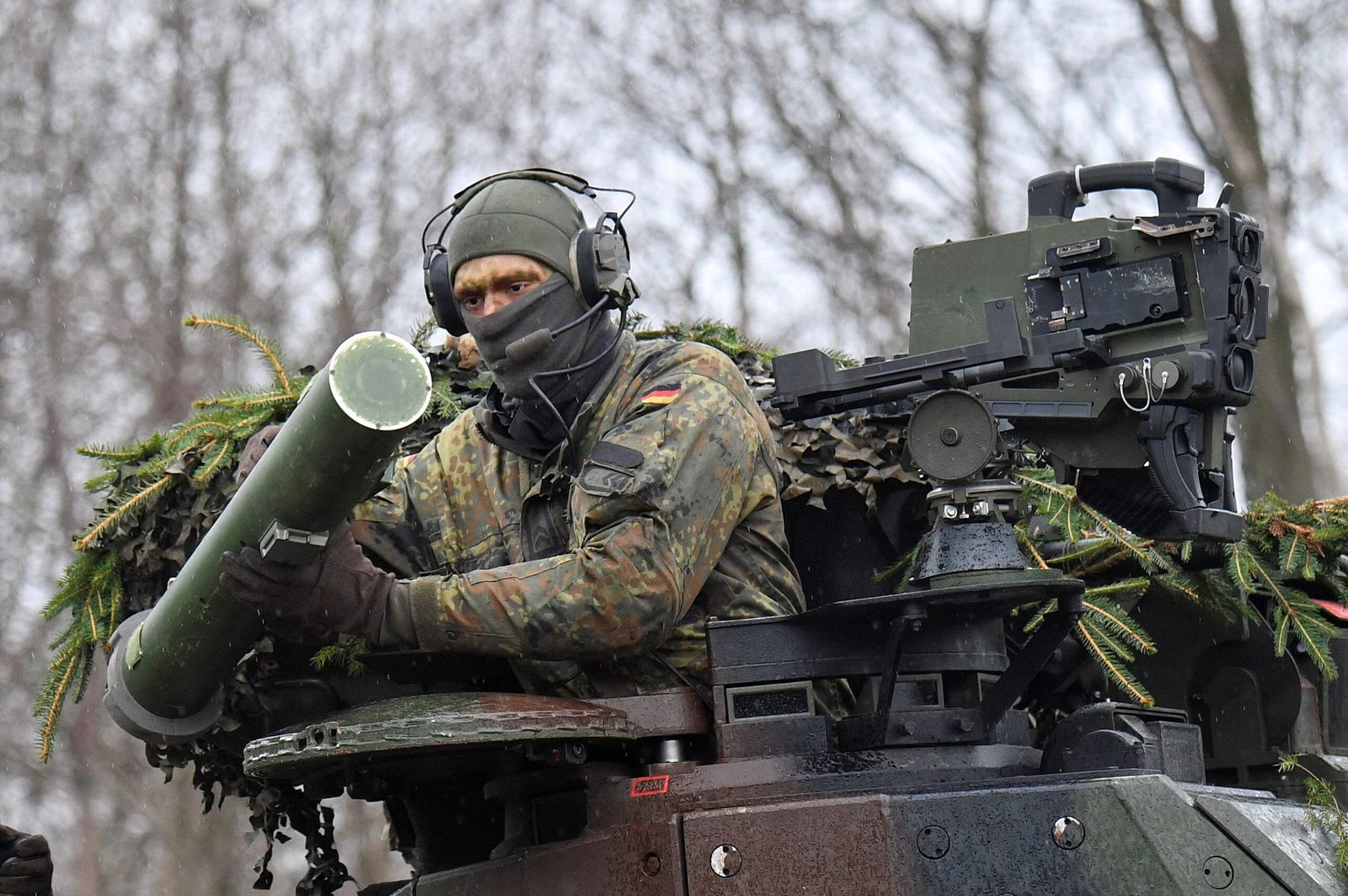Germany Boost Defense Budget to $175 Billion for Military Expansion

In a groundbreaking announcement that marks a major strategic shift, Germany has revealed its plan to boost defense budget to $175 billion, almost tripling its current annual military spending. This significant increase aims to modernize the German armed forces, strengthen NATO commitments, and prepare for a rapidly changing global security landscape.
The decision was unveiled by Chancellor Olaf Scholz and Defense Minister Boris Pistorius, signaling that Germany is ready to play a more proactive role in European and global defense. With increasing geopolitical tensions, particularly in Eastern Europe, this financial commitment places Germany among the top global military spenders and represents a renewed national focus on security.
Why Germany Plans to Boost Defense Budget to $175 Billion
The core reason behind Germany’s decision to boost defense budget to $175 billion is rooted in the growing complexity of international security threats. The ongoing war in Ukraine, Russia’s assertive military posture, and rising global instability have prompted Germany and its NATO allies to reconsider their long-term defense strategies.
For decades, Germany had kept its military spending relatively low, focusing instead on economic stability and social development. However, this approach has increasingly come under scrutiny from NATO allies, particularly the United States, which has long urged European partners to share more of the security burden.
This shift signals a new era of German defense policy, one that acknowledges the need to prepare for modern threats such as cyberattacks, hybrid warfare, drone technology, and nuclear deterrence.
Breakdown of the $175 Billion Defense Budget
Germany’s plan to boost defense budget to $175 billion covers a wide array of military upgrades and expansions. This is not merely about increasing the number of troops or purchasing new weapons it’s a complete overhaul of how Germany views its military role.
Here’s how the funds will be allocated:
1. Modernization of Military Equipment
-
Procurement of next generation fighter jets (including F 35s).
-
Expansion of the naval fleet with new submarines and warships.
-
Upgrade of ground forces with advanced tanks and armored vehicles.
-
Purchase of long range missile systems and drones.
2. Technological Advancements
-
Investment in artificial intelligence for battlefield management.
-
Strengthening of space and satellite defense capabilities.
-
Enhanced cybersecurity infrastructure to defend against digital threats.
3. Personnel and Training
-
Increased recruitment and retention programs.
-
Higher salaries and benefits for soldiers.
-
Development of specialized training academies for cyber and tech warfare.
4. Infrastructure Development
-
Construction of new bases and renovation of existing ones.
- Enhanced military mobility through improved rail and road systems for rapid deployment.
NATO Response and Global Impact
NATO allies have widely praised Germany’s move to boost defense budget to $175 billion. The increase puts Germany on track to not only meet but exceed NATO’s defense spending guideline of 2% of GDP, a benchmark many European countries still struggle to meet.
International Reactions:
-
United States: Welcomed the move, calling it “a strong signal of unity and responsibility.”
-
France and the UK: Expressed support, with leaders discussing deeper defense cooperation with Germany.
-
Russia: Responded critically, accusing NATO of militarization, although experts say Germany’s move is defensive in nature.
Strategic Benefits:
-
Enhanced NATO readiness and deterrence on the eastern front.
-
Better interoperability among European militaries.
-
Support for Ukraine through defense production and logistics.
Domestic Politics and Public Sentiment
Domestically, the plan to boost defense budget to $175 billion has sparked both support and debate. Chancellor Scholz emphasized the need to adapt to “a new reality,” while some political factions have raised concerns about the financial implications.
Supporters argue:
-
It’s essential for national and regional security.
-
The investment will boost Germany’s defense industry and create jobs.
-
It brings Germany in line with its NATO responsibilities.
Critics point out:
-
The need for transparency in spending.
-
Potential trade offs with social programs and climate initiatives.
-
Fears of militarization and returning to Cold War era tensions.
Public opinion is shifting, however. A recent national poll showed that nearly 60% of Germans support increased defense spending, a sharp rise from just a few years ago. The changing attitudes are largely influenced by visible global conflicts and a perceived need for self-reliance in security matters.
Economic Implications of the Budget Expansion
Germany’s decision to boost defense budget to $175 billion will also have wide reaching economic effects. While it may put pressure on public finances in the short term, the investment is expected to stimulate several key sectors.
Economic Impact:
-
Job creation in defense manufacturing, logistics, and IT.
-
Increased exports of German made defense equipment.
-
Boost to innovation through public private partnerships in tech and AI.
Major defense firms such as Rhein metall and Airbus are expected to benefit, with many already seeing increased demand for German defense exports globally.
Long Term Vision and Global Role
This move solidifies Germany’s intention to transition from a passive economic power to an active global player in defense and diplomacy. The boost defense budget to $175 billion initiative is part of a larger 10 year roadmap that envisions Germany playing a leadership role in both NATO and the European Union.
Long Term Goals:
-
Create a rapid deployment force capable of responding to global crises.
-
Establish Germany as a technological leader in defense.
-
Strengthen EU defense coordination and reduce reliance on external powers.
Experts believe that this change will redefine Germany’s global identity from a post WWII pacifist power to a responsible leader in security, peacekeeping, and international stability.
Conclusion
Germany’s decision to boost defense budget to $175 billion is more than a policy change it’s a strategic reawakening. In an unpredictable world, where alliances are tested and threats evolve rapidly, Germany is taking a clear stand for its national interest and the security of its allies.
As implementation begins in 2026, the world will be watching how Germany balances its historical sensitivities with its modern responsibilities. One thing is clear: the country is preparing not just to defend itself, but to lead.



